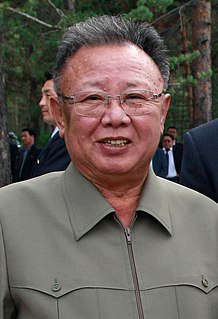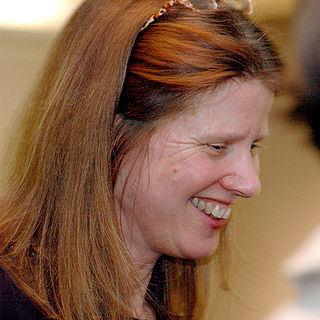A Quote by Mary Wollstonecraft
The power of generalizing ideas, of drawing comprehensive conclusions from individual observations, is the only acquirement, for an immortal being, that really deserves the name of knowledge.
Related Quotes
As in Mathematicks, so in Natural Philosophy, the Investigation of difficult Things by the Method of Analysis, ought ever to precede the Method of Composition. This Analysis consists in making Experiments and Observations, and in drawing general Conclusions from them by Induction, and admitting of no Objections against the Conclusions, but such as are taken from Experiments, or other certain Truths. For Hypotheses are not to be regarded in experimental Philosophy.
The art of drawing conclusions from experiments and observations consists in evaluating probabilities and in estimating whether they are sufficiently great or numerous enough to constitute proofs. This kind of calculation is more complicated and more difficult than it is commonly thought to be. . . .
Power corresponds to the human ability not just to act but to act in concert. Power is never the property of an individual; it belongs to a group and remains in existence only so long as the group keeps together. When we say of somebody that he is 'in power' we actually refer to his being empowered by a certain number of people to act in their name. The moment the group, from which the power originated to begin with ... disappears, 'his power' also vanishes.
Of course, even the general designation 'religious' includes various basic ideas or convictions, for example, the indestructibility of the soul, the eternity of its existence, the existence of a higher being, etc. But all these ideas, regardless of how convincing they may be for the individual, are submitted to the critical examination of this individual and hence to a fluctuating affirmation or negation until emotional divination or knowledge assumes the binding force of apodictic faith.
We should not be content to say that power has a need for such-and-such a discovery, such-and-such a form of knowledge, but we should add that the exercise of power itself creates and causes to emerge new objects of knowledge and accumulates new bodies of information. ... The exercise of power perpetually creates knowledge and, conversely, knowledge constantly induces effects of power. ... It is not possible for power to be exercised without knowledge, it is impossible for knowledge not to engender power.






































